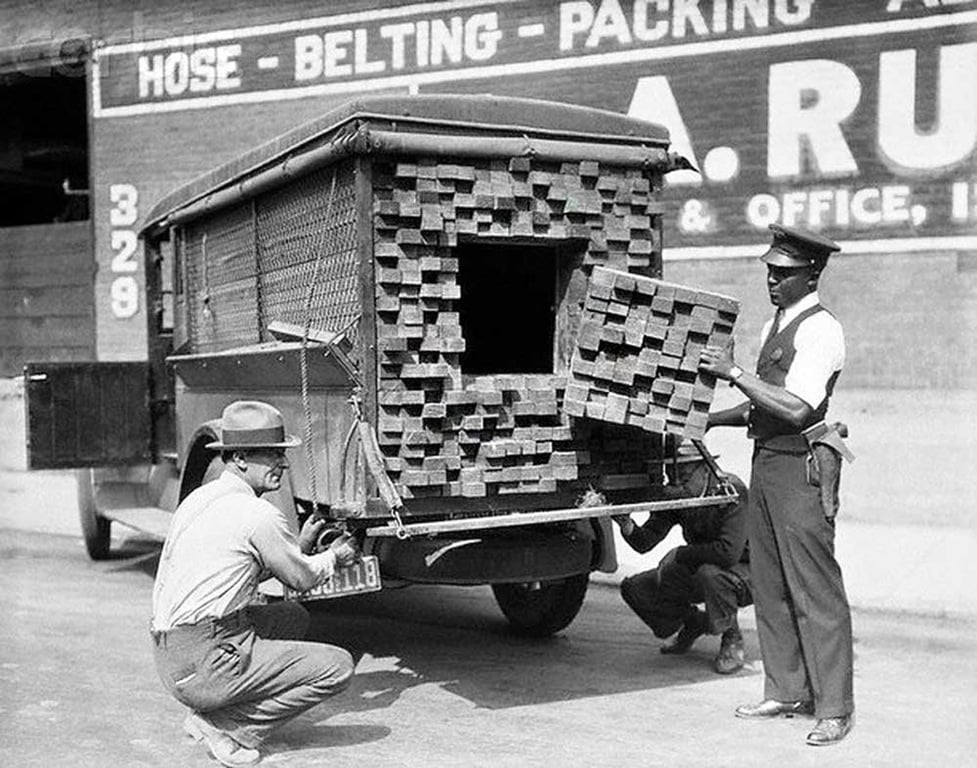
ADVERTISEMENT - CONTINUE READING BELOW
Many Argued that Drinkers of Poisoned Alcohol Deserved Their Fate
New York City’s medical examiner, Charles Norris, was among those who argued that it was unconscionable for the authorities to poison something they knew would be consumed by citizens. He wrote in the North American Review that: “In a word, wood alcohol is not ‘poison liquor.’ It is simply poison. If it gets into liquor, the liquor is poisoned “. New Jersey Senator Edward I. Edwards summed it up as “legalized murder“. The defenders of the government included Wayne B. Wheeler, of the Anti Saloon League.
As Wheeler told the New York Times: “The Government is under no obligation to furnish the people with alcohol that is drinkable when the Constitution prohibits it. The person who drinks this industrial alcohol is a deliberate suicide“. Defenders of the policy noted that the poisoned industrial alcohol was labeled poison, and pinned the blame on the bootleggers who nonetheless sold it for human consumption. To prohibitionists, the harm to drinkers was acceptable. Seymour M. Lawman, the Assistant Secretary of the Treasury in charge of Prohibition, told citizens in 1927 that the fringes of society that drink were “dying off fast from poison ‘hooch’“. If that resulted in a sober country, he continued, then “a good job will have been done“.

